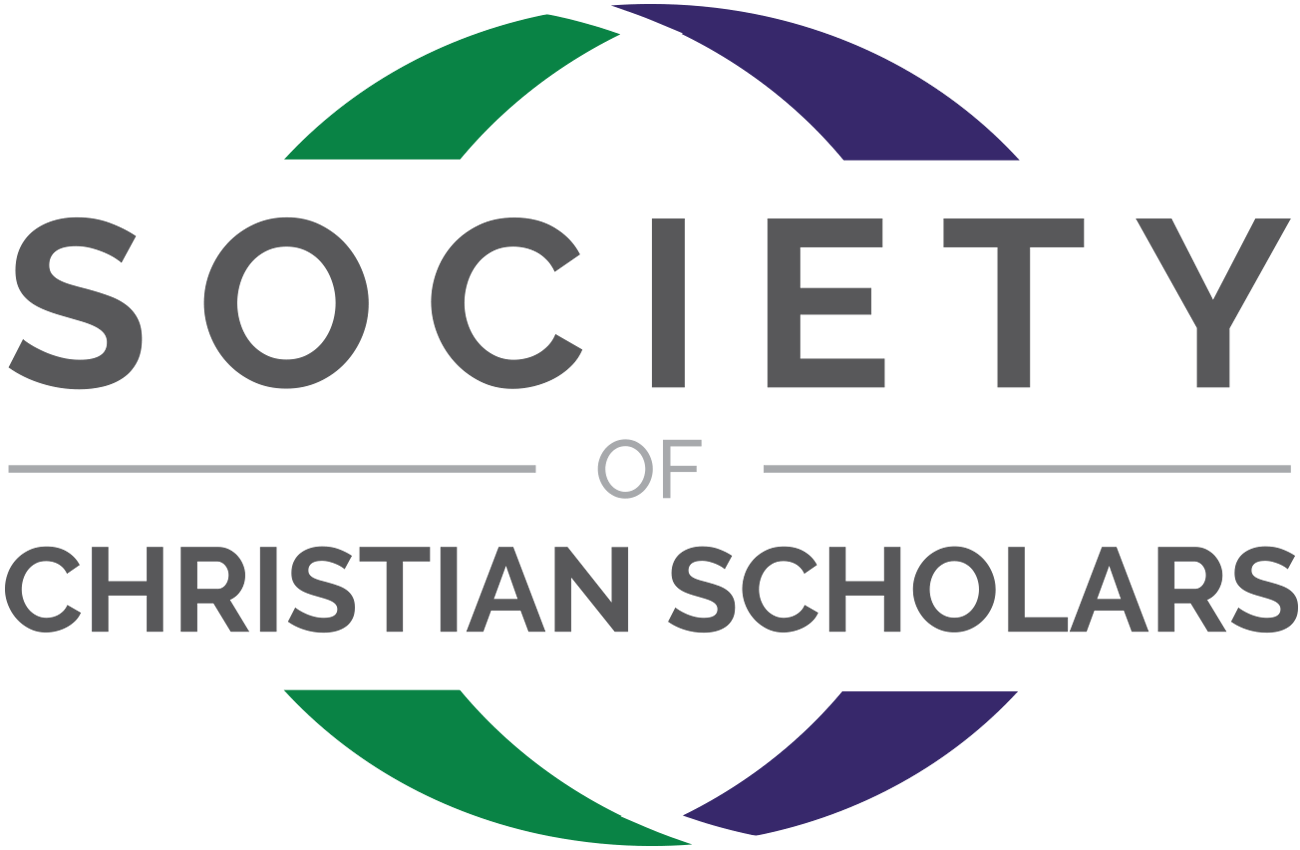|
Don’t Lose Society Services!
Society Membership Expires July 1––in less than two weeks.
Renew Today! |
|
|
|
|
The Grace to Breathe again…
by Prof. Osam Edim Temple
|
|
|
|
The year 2020 has brought a grim message to humanity. That message is that it is difficult to breathe in our world.
The message was delivered through two symbolic images. One was the image of a red crown of thorns, representing the Coronavirus and Covid-19; the second was the image of a white policeman kneeling on the neck of a black man, George Floyd. One was invisible, the other was visible. One had its deadly grip on the lungs, the other had his knee on the neck. One shut humanity indoors; the other brought out humanity in their thousands into the streets. In both cases, the victims could not breathe.
Both of these events are an indictment of the world system we have built. Whereas Covid-19 showed us that our consumerist civilization cannot pause for a month or two without people starving, the Floyd riots have reminded us of the insecurities that lie at the foundation of our societies.
The killing of George Floyd was horrific. All over the world, wherever that video appeared, it sparked a sense of moral outrage among men and women of conscience, irrespective of colour or creed. It led to protests not only in America, but in major cities across the world. Something would have been wrong if people didn’t protest. Something would have been wrong with our humanity if we didn’t cry out in shame. But the riots that followed also did a lot of evil to many good people of all races. People were killed by looters as businesses were burned and ransacked. These people also deserved to breathe.
The images of Covid-19 and of Derek Chauvin are tough to behold, but they challenge us to find time for introspection. Sometimes we may not be aware that our daily actions and choices are stopping others from breathing. In many cases, an unkind word could have the same effect as placing a knee on the neck. Whenever we ignore the normal rules of respect and decency in treating others, we are preventing them from breathing. When we discriminate against people on the basis of colour, gender, nationality or creed, we prevent them from breathing. When we treat our colleagues or subordinates with disdain, or when we treat our students with ignominy, we are stopping them from breathing.
As we reflect on our own actions, we should also reflect on our social systems. In doing so, it is imperative that we consider the voices of the weakest and most vulnerable members of our societies. A chain is only as strong as its weakest link. We may live in our comfort zones and never know that the weak link is about to snap. And when it does, everybody suffers.
At times like this, it is easy to make hasty generalizations and fan the embers of racial stereotypes. There are good and bad people in all societies, all professions and every country. Just as it is wrong to vilify Chinese, or any people of Asian descent, over the outbreak of Covid-19, it is wrong to vilify all white Americans over the death of George Floyd. The world is hurting; wherever we are let us seek to heal it. Let our lights shine before others, ’that they may see your good deeds and glorify your Father in heaven’.
Dear Holy Spirit, breathe into our souls; breathe deeply into our societies and governments. The world has suffered for six months. As we enter the sabbath, which is the seventh month, please give us the grace to breathe again. In Jesus’ name, amen.
|
|
|
|
The Addenda Minute
Brief Reflections on Faith and
Scholarship Integration: What is It?
|
|
|
|
Integration is one among many metaphors for understanding how ‘all the treasures of wisdom and knowledge are hidden in Christ’ (Col 2:3). It brings a holistic and articulate faith, rooted in Christ by the Spirit and grounded in biblical and theological resources, to bear on our teaching, research and service. This happens through a dialogical process with God, ourselves, others and the world, giving shape to distinctively Christian ways of living, being, knowing, imagining and acting in our specific cultural contexts. Our entire Society Library seeks to help us integrate faith and scholarship!
|
|
|
|
The Importance of Mentorship: What is Mentorship?
For a mentor-mentee relationship to work best, both must be paired on a professional (academic) and personal level. If either aspect of mentorship is missing or out of balance, then the relationship will not flourish to its full potential. If a mentor-mentee relationship focuses solely on professional development, it is reduced to nothing more than a business transaction. Conversely, if the relationship is focused only on a personal level, it loses the progression and pursuit of academic excellence.
But what is mentorship? The Society seeks mentorship that:
- Is consistent with a Christian and biblical worldview, one that values life, truth, and edifying others. Consider, for example, the mentoring relationships of Elijah and Elisha, or Paul and Timothy. As iron sharpens iron, so a friend sharpens a friend’ (Proverbs 27:17).
- Helps equip Society mentees to have a redemptive influence for Christ in their teaching and ministry skills, specific fields of study, and/or universities and societies as a whole.
- Encourages new ideas and new ways of thinking and seeing.
- Facilitates change, learning, helping and serving.
- Is a safe place to ask questions, assess ideas, be candid and grow personally and professionally.
|
|
| Mentoring relationships within the Society are predominately mentee-driven. Thus, the mentor’s primary function is to respond to the goals set by the mentee. Mentees must be actively involved in their own mentorship and not just passively absorb information from their mentor. |
|
|
|
|
At the same time, mentees should draw on the experience and expertise of their mentor when setting goals. This type of relationship requires vulnerability at every level. This kind of mentoring relationship will have a beneficial and multifaceted impact on both the mentor and mentee.
|
|
|
|
Wanted: Contacts for Publishers in the Global South and East
Our Society frequently hosts webinars by recently published authors. We are interested in building relationships with publishers in the Global South and East (including Eastern Europe) who can alert us to authors who write on subjects pertinent to us and who might present webinars about their research.
Can you recommend publishers in the Global South or East? Do you have a personal relationship with anyone at these publishers? If so, please contact Dr. Steve Garrett: sgarrett@global-scholars.org.
|
|
|
|
A Call for Book Reviewers
In coordination with several upcoming webinars in 2021, IVP Academic Press and SPCK have made several books available for review by Society members. If you’re interested in providing a review (up to a 1,000 words) of one of the following books, please contact Dr. Stephen Garrett (sgarrett@global-scholars.org) for further details. Reviews will be noted in the Addenda and will be highlighted and published in a special section of the Society Member website.
- To Think Christianly: A History of L’Abri, Regent College, and the Christian Study Center Movement by Charles E. Cotherman
- Culture Care: Reconnecting with Beauty for Our Common Life by Makoto Fujimura
- Spiritual Practices of Jesus: Learning Simplicity, Humility, and Prayer with Luke’s Earliest Readers by Catherine J. Wright
- Just Business: Christian Ethics for the Marketplace by Alec Hill
- Brown Church: Five Centuries of Latina/o Social Justice, Theology, and Identity by Robert Chao Romero
- Changing Signs of Truth: A Christian Introduction to the Semiotics of Communication by Crystal L. Downing
- Multicultural Kingdom: Ethnic Diversity, Mission, and the Church by Harvey C. Kwiyani
|
|
|
|
Upcoming Events and Webinars
|
|
Christian Witness in a COVID-Shaped World
A Summer 2020 Professional Development Opportunity |
|
|
|
|
From late May through mid-August 2020, members of theInternational Network for Christian Higher Education (INCHE) members and institutional partners (including the Society of Christian Scholars) are invited to select a section in a special mini-course: IDIS 170, Christian Witness in a COVID-Shaped World. The course has beens designed by Calvin University and Calvin Theological Seminary to give students of all ages an opportunity to reflect on the meaning and implications of this global phenomenon for our Christian lives. The INCHE network has received a special-purpose grant that allows members to participate for a modest co-pay. Depending on the economic capacity in your region, financial aid may reduce visitor fees to less than $50 USD and no more than $200 USD.
Each course section is:
- Online and asynchronous
- Limited to three weeks.
- Focused on a topic area such as church, health, citizenship, family or youth.
- Available in English with three Spanish-language options.
- Supplemented by online small-group discussions unique to INCHE participants.
The remaining courses will start in the fourth week of June and in late July. For further information: https://inche.one/events/2020/5/6/christian-witness-in-a-covid-shaped-world
For more events: https://inche.one/events
|
|
Webinar:”The Outrageous Idea of Christian Teaching”
Dr. Perry Glanzer, Ph.D.
Thursday, 16 July 2020 at 1400 GMT |
|
|
|
|
Thousands of Christian educators exist. But how does the fact that they are Christians, or even certain kinds of Christians, shape their teaching?
On Thursday, 16 July 2020 at 1400 GMT, Dr. Perry Glanzer, Professor of Educational Foundations and a Resident Scholar at the Baylor Institute for Studies of Religion, answers these questions by first exploring the actual responses of Christian professors to questions asking how their faith tradition informs their teaching.
Drawing on a survey of over 2,300 Christian professors, Dr. Glanzer illuminates the wide range of wisdom that contemporary professors offer about how they go about this endeavour. The second part of the webinar explores how knowing these different approaches can help faculty develop their own approach to Christian teaching.
See Dr. Glanzer’s recent book, The Outrageous Idea of Christian Teaching (Oxford University Press, 2019) for a detailed introduction to the webinar.
Join us for this exciting webinar! Register below and share the URL with your colleagues!
https://zoom.us/webinar/register/WN__MsLXIXYSd28A_7S1yOOLw
|
|
|
|
Subscribe to Addenda!
Not Yet a Member of the Society of Christian Scholars? Join Now
|
|
|
|
|

